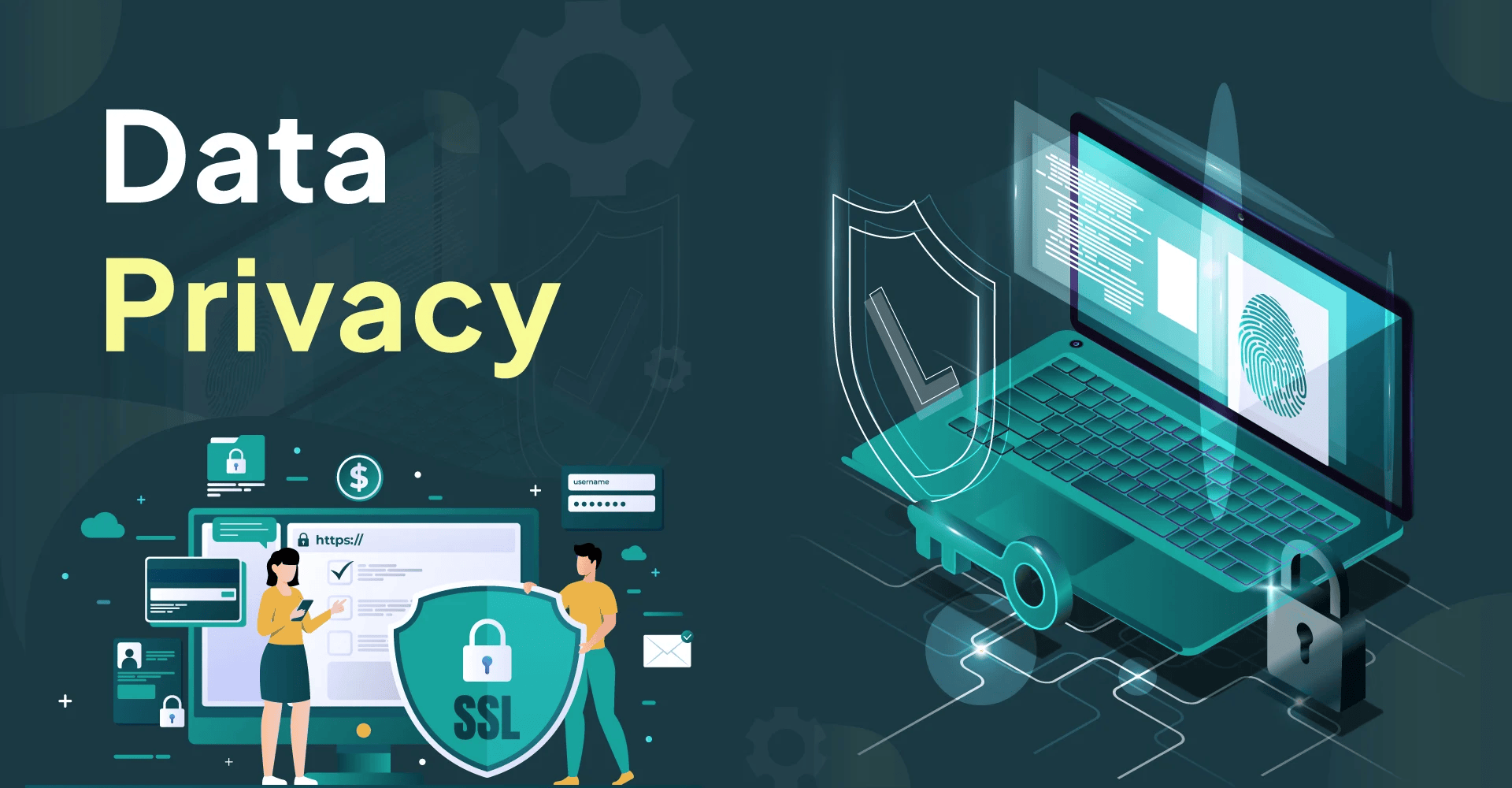Data privacy in the digital age: Individual right to data privacy versus national security
by admin on | 2025-10-02 12:25:40 Last Updated by admin on 2026-02-20 20:15:50
Share: Facebook | Twitter | Whatsapp | Linkedin Visits: 327

Today many citizens live major portions of their lives online. Citizens use computers and cell phones to conduct businesses, to communicate, to impart ideas, conduct research, explore their sexuality, seek medical advice and treatment, correspond with lawyers, communicate with their loved ones and express their political and personal views. Citizens also use the internet to conduct many of their daily activities such as keeping records, arranging travel and conducting financial transactions. Much of this activity is conducted on mobile digital devices, which are seamlessly integrated into the citizens personal and professional lives. They have replaced and consolidated fixed-line telephones, filing cabinets, wallets, private diaries, photo albums and address books.1 Every swipe, click and search generates a trail of data. Section 2 of the Data Protection Act clearly defines data.2 This paper looks into data privacy in the digital age, exploring the debate between individual right to data privacy and national security with a specific focus on the recent incidents in Kenya. Data protection is an aspect of safeguarding a person’s right to privacy. It provides for the legal protection of a person in instances where a person’s personal information is being processed by a person or institution.3
2.0 National security individual
right to data privacy
The recent incidents of abductions and
killings of the gen-zs in Kenya even after
the protests have raised several questions
for example; Where do we draw the line
between an individual’s right to data privacy
and the imperative of national security? The
tension arises when state agencies, in their
pursuit of national security, seek access to or
monitor personal data.
Privacy is a fundamental human right,
enshrined in numerous international
human rights instruments. It is central to
human dignity and forms the basis of any
democratic society. It also supports and
reinforces other rights such as freedom of
expression, information, and association.
Activities that restrict the right to privacy,
such as surveillance and censorship, can
only be justified when they are prescribed
by law, necessary to achieve a legitimate
aim, and proportionate to the aim pursued.
A person’s right to privacy entails that such
a person should have control over their
personal information and should be able to
conduct their personal affairs relatively free
from unwanted intrusions.4 This includes the
right to know what data is being collected,
how it is being used and to whom it is being
disclosed.5
Conversely, national security is the
protection against internal and external threats to Kenya’s territorial integrity
and sovereignty, its people, their rights,
freedoms, property, peace, stability and
prosperity, and other national interests.6
National security arguments often center
on the need for the government to access
certain data to prevent terrorism, put an
end to crime, and maintain public order
and safety.7 This can involve surveillance
technologies like CCTV cameras with facial
recognition, IMSI catchers, data retention
and access to telecommunication data.
The government argues that restricting
their access to such information could
incapacitate their ability to protect their
citizens. While the state has a legitimate
duty to protect its citizens and maintain
order, this duty must not come at the cost of
violating fundamental rights and freedoms.
The public outcry following the
disappearances, abductions and deaths
of individuals especially the gen-zs often read more...
Search
Trending News
 Who will be the next Law Society of Kenya President?
Who will be the next Law Society of Kenya President?
 The Forgotten titan: Why Talanta Stadium should Honour Kenneth Matiba
The Forgotten titan: Why Talanta Stadium should Honour Kenneth Matiba
 The guardians of justice have crossed the political line: A Constitutional reckoning for the Judicial Service Commission
The guardians of justice have crossed the political line: A Constitutional reckoning for the Judicial Service Commission
 Extrajudicial killings: A blatant violation of constitutional and human rights
Extrajudicial killings: A blatant violation of constitutional and human rights
